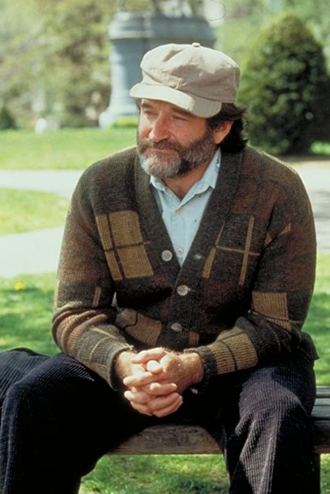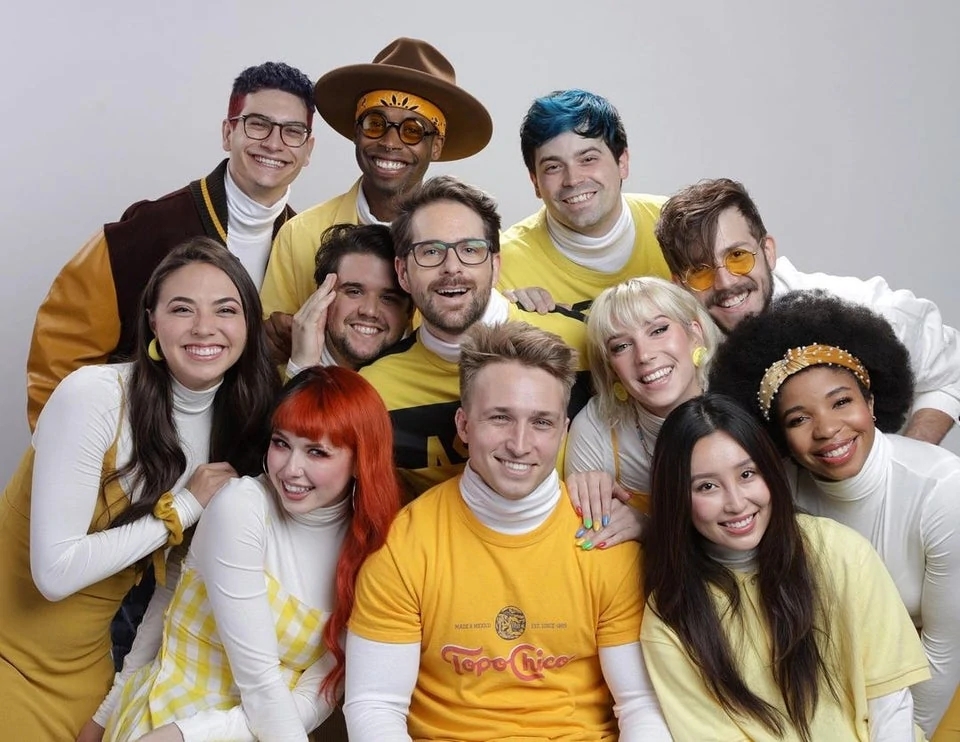This is the first time I write about a reddit story which I didn’t obtain from Smosh videos.
It is written by a mother whose daughter refused to change her name for Spanish classes. Basically, her teachers changed their students’ names to the Hispanic versions, believing it helped the cultural immersion. One teacher respected her wish to not have hers changed. The other one refused to; she only started respect the wish after the mother got involved.
People both on Reddit and Facebook reacted negatively. They said the mother was being a bad mother who raised a culturally close-minded brat. For me, those people are the close-minded ones.
I am from Indonesia. I can speak Indonesian and English (unfortunately, I cannot speak any regional tongues). I started learning English from a young age, both in schools and private tutorships; I even had a few native speakers as my teachers.
Not once my teachers – including the foreign ones – told me to Anglicise my name. Not once they claimed my non-Anglophone name hindered the cultural immersion aspect of language learning. And yes, you can find many fluent English-speakers from all over the world who do not have Anglo names.
In this context, I cannot speak about Indonesian language without talking about Indonesian names.


As entertaining as those memes are, they perfectly describe how Indonesian names are a mishmash of different cultural and religious traditions.
What kind of names you have depend on your ethnic backgrounds (mind you, mixed lineages have been common for many decades), how “traditional” or “modern” you are and, of course, your religious backgrounds; if you are a Muslim, whether you are “traditionalist” or “modernist” is also a factor.* Not to mention there are parents who just make up new names.
Yes, the names on the first meme are of actual public figures… and yes, if you google Muhammad Wishnu, you will find quite a handful of men with such name.
Because of the seemingly unpredictable and categorically-imprecise nature of Indonesian names, there is no pressure for Indonesian speakers to embrace specific naming traditions. You are not seen as less Indonesian simply for having non-indigenous names.
Also because of that reason, I have yet to hear about foreigners being to forced to “Indonesianise” their names when learning our language. When they do get Indonesian names, they are endearing nicknames given by their local friends or adopted family.
In fact, one of the most prominent Indonesian-speaking Youtubers is Jang Hansol, a Korean national who grew up in Indonesia (and who is quite distinguishable for his Eastern Javanese accent). His Indonesian viewers have no problem calling him by his Korean birth name.
But, I also have to talk about the flip side. Even though Indonesians are generally accepting of different naming traditions, one minority group is a victim of a glaring and reprehensible exception: the Chinese-Indonesians.
Most of them do not have Chinese names, at least not in their official identifications. They were discouraged by Soeharto’s anti-Chinese regime from having Chinese names; they either use “indigenous” or western (mostly Anglo) names.
Some argue it is also caused by detachments from their ancestral heritage. There are indeed Chinese-Indonesians – especially ones in Java – who no longer speak any Chinese languages.
But, I doubt this is the main cause, considering there are Chinese-Indonesians who still speak the languages and yet, don’t have Chinese names in official identifications. Not to mention it was difficult to embrace your heritage when your government banned you from doing so publicly.
If you look at prominent Chinese-Indonesians with Chinese names, they were mostly born at least two decades before Soeharto’s regime.
I am very passionate about this reddit story because it reminds me of my own country, both of its bright and dark side. A country that can be both pluralistic and hateful at the same time.
I don’t know if there is a pressure in the Spanish-speaking world to “Hispanicise” our names. But, if it does exists, it is one of those cultural differences which I refuse to tolerate.
Not only it is bigoted, it also puts us in confining boxes, denying us of our own versatile and complex humanity.
No, I don’t think the teacher and negative commenters had bigoted intentions. But, their idea of cultural immersions is extremely shallow and misguided, they unwittingly coddle those closed and bigoted minds. Those fascist-wannabes would consider them allies.
Altering your names makes sense only when the other language has a different writing system.
.
.
*Regarding their religious identity, Indonesian Muslims use neither “traditionalist” or “modernist” as their preferred adjectives (I learned about them from Wikipedia); they simply identify as “Muslims”. When non-Islamist Muslims do use specific words, they identify as “moderates” and/or adherents of “Nusantara islam”.
.
.
.
.
.
.
.
Donate to this deadbeat, preachy blogger on Patreon.









